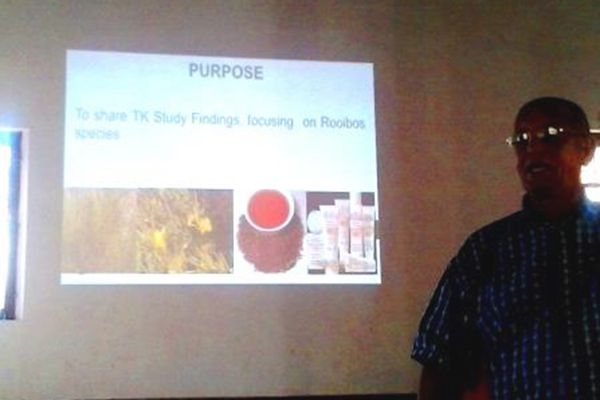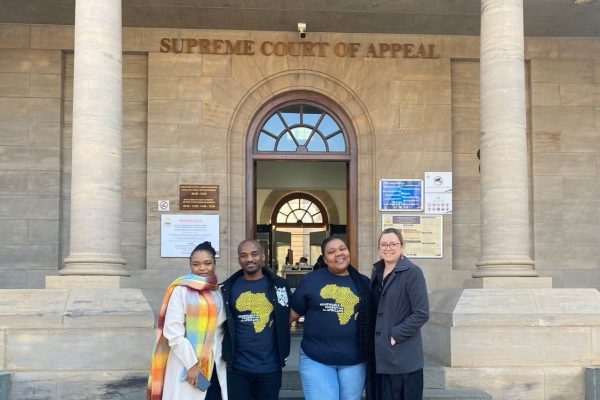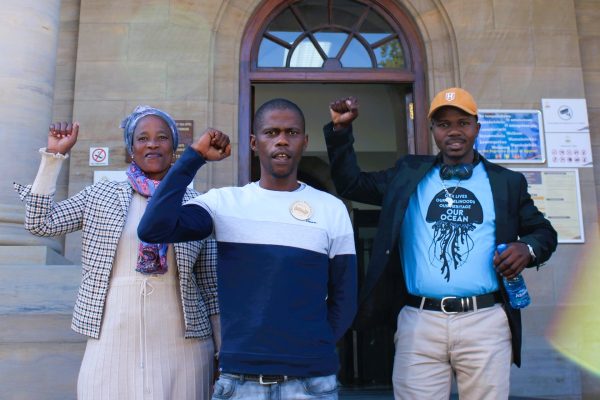
On 16 March 2016 Natural Justice, together with the National Khoi-San Council (NKSC) in partnership with the South African Department of Environmental Affairs (DEA) held a community consultation with the Khoi-San Rooibos farming community from Wupperthal in the Cederberg region. The consultation concerned the issue of access to indigenous biological resources by third parties and the benefit sharing thereof in accordance with the Convention on Biological Diversity and the more recent Nagoya Protocol.
The NKSC and the South African San Council has been struggling for the last three years to get the South African Rooibos Industry to comply with their benefit sharing obligations under Nagoya Protocol (CBD) and the South African Regulations on Bioprospecting, Access and Benefit-sharing.
The meeting was hosted by the Wupperthal Cooperative and DEA. At the consultation meeting, Mr Cecil Le Fleur, the chairperson of the NKSC, as well as Natural Justice, gave inputs on the negotiation process with the Rooibos Industry. The DEA then presented a recent Traditional Knowledge Report, commissioned by them, which confirms the Khoi-San as the Traditional Knowledge holders of the Rooibos plant.

During 2014 the NKSC made a national decision that the Khoi-San historical Rooibos farming communities should be the main beneficiaries in a benefit-sharing agreement with the Rooibos Industry. What the NKSC deems important is the recognition of the Khoi and San as the traditional knowledge holders to the uses of Rooibos. The Cederburg belt region communities, such as Wupperthal is now forming part of the negotiating team with the NKSC and the SA San Council.
The Wupperthal community gave their support for negotiations to continue with the Rooibos Industry. Both the DEA and the NKSC will continue to hold legal empowerment meetings with the Khoi-San Rooibos farming communities in this region.







